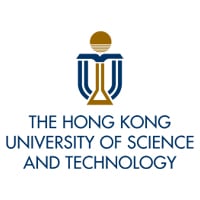Public Policy
Position Details (PhD Program)
The Doctor of Philosophy Program provide rigorous training in public policy research to academically outstanding students aspiring to pursue a career in policy research and teaching.
The PhD Programin Public Policy from The Hong Kong University of Science and Technology seeks to train students in original research in public policy and to cultivate the independent, interdisciplinary and innovative thinking that is essential for a successful career in public policy research and formulation.
Given the breadth and depth of research faculty expertise across departments and schools in HKUST, students in the Public Policy Programs will have the opportunity to specialize in one of the following key policy area: Science, Technology and Innovation Policy, Environmental Policy and Sustainability, Social Changes and Public Policy, and China’s Development Policy.
A candidate for a PhD degree is expected to demonstrate mastery of knowledge in the chosen discipline and to synthesize and create new knowledge, making an original and substantial contribution to the discipline.
Learning Outcomes
On successful completion of the PhD inPublic Policy from The Hong Kong University of Science and Technology, graduates will be able to:
- Using analytical tools and substantive knowledge gained on different policy domains to conduct rigorous policy research;
- Acquire the critical thinking and advanced research skills that are essential for policy research;
- Apply a range of qualitative and quantitative research methods for policy research;
- Develop and master field of specialty in public policy; and
- Exercise independent and critical judgements in the debates about public policy.
Courses include:
- Public Policy
- Research Methods in Public Policy
- Microeconomics and Public Policy
- Applied Econometrics
- Advanced Analytical Methods for Public Policy
- and more…
Please visit the program website for further details.



 Hong Kong University of Science & Technology (HKUST)
Hong Kong University of Science & Technology (HKUST)